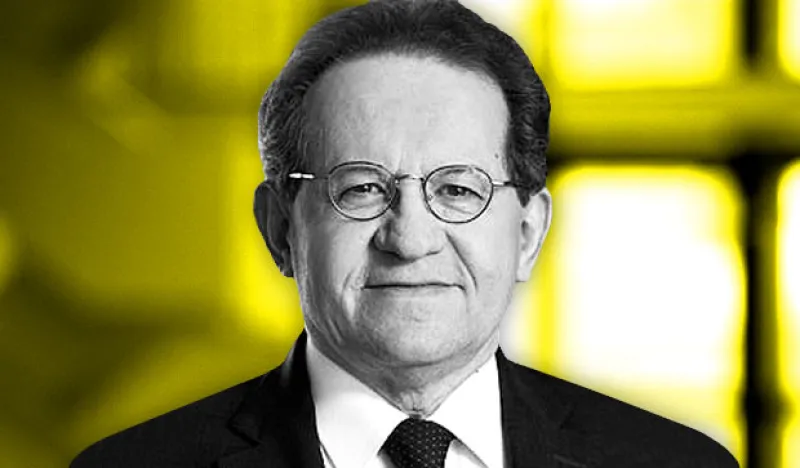Investment firms operating in the European Union will be overseen by one, cross-country regulator, according to the European Commission’s updated vision for a capital markets union that was outlined Friday.
Speaking at the European Financial Integration conference in Brussels on May 19, European Central Bank vice president Vítor Constâncio, told delegates that the powers of the European Securities and Markets Authority should be strengthened when the U.K. leaves the E.U.
“In the longer term, capital markets union warrants a single, European capital markets supervisor,” he said. “The move towards direct European supervisory powers for certain segments of capital markets seems justified.”
E.U. policymakers believe a bloc-specific capital markets union will lower investment fees, widen the pool of investment expertise, offer stronger insolvency protection and reduce tax obligations for fund firms and investors. Global fund firms that engage in bank-like activities, such as direct lending or securitizations, within the 27-country trading bloc will likely be subject to further scrutiny, according to Constâncio.
“We need a coherent and well-supervised regulatory perimeter for non-banks that are engaged in bank like activities,” he said. “Heightened vigilance is required to avoid that such risks spill back and compromise the soundness of the financial system as a whole.”
Andreas Utermann, chief executive of Allianz Global Investors, wants E.U. members to embrace a Capital Markets Union, or C.M.U., that is trans-national.
“We need to very quickly rethink, to come to a construct where Capital Markets Union is a trans-national project, rather than just an E.U. project,” Utermann said at a conference in Luxembourg earlier this month. “The U.K. leaving has put us back decades.”
Utermann’s comments were underscored by a May 19 report from the ECB that says “financial integration in the euro area stalled last year.”
A Capital Markets Union that is more restrictive in its dealings with London may result in E.U. fund managers attracting less money from investors.
The largest pools of capital are outside the E.U. and policymakers should recognize that, according to Geoff Cook, chief executive officer of Jersey Finance, a trade group representing members including Brevan Howard and Invesco International.
“If you limit the C.M.U. to the E.U. 27 where debt is the principal vehicle for investment and not equity, you limit your ability to attract foreign direct investment into the union. They need to be net importers of capital, unless something changes very dramatically,” he said.
Cook said that the deepest pools of capital are in New York and London, adding that he didn’t believe that was going to change in the immediate future.
“Asia has surplus capital, the U.S. has surplus capital, the Middle East has surplus capital and European nations, by and large, don’t have surplus investment capital,” he said.
The City U.K., a London-based lobby group, is currently researching a paper on the feasibility of C.M.U. project that is more expansive, but declined to share details with at this stage.
At the recent ICMA Annual Conference, Steven Maijoor, chairman of the European Securities and Markets Authority, said the regulator was considering charging firms from countries outside the E.U. if they wanted to distribute their products inside the trading bloc. This fee would help cover the cost of assessing the risk posed by firms to the region’s markets.







